Are You Analyzing or Allowing?
Mental health and self care are having a moment in our collective conversation. You can hardly be on social media for 5 minutes without seeing a post about attachment styles or gaslighting, and people are interspersing casual conversation with very earnest talk of boundaries, Dialectical Behavior Therapy, and inner children.
While there’s so much good in this – it’s certainly better for more people to be talking about it than all of us bottling it up, and they can all be great ways of looking at the same thing – it can lend itself to a mode of self-care that’s largely analytical.
It’s so easy to get stuck in analyzing a situation, trying to understand it from every single angle, and think that is the path to healing.
And sure, maybe.
But here’s the thing: you are more than just a brain.
And while your brain might not like that, the truth is, if you only try to heal via analysis, you’re going to get stuck. Without the body, you’ll find yourself looping, writing, journaling, retelling the whole story over and over and over and over as you try to figure out something that doesn’t need to be figured out, but rather, allowed.
My invitation? Release the compulsion to brute force your healing, and see what happens when you allow it instead.
See what happens when you invite trust, curiosity, play, and presence to the party, instead of getting so locked in on trying. When you bring a little more space to this process, you’ll be amazed at what your body and spirit bring to the table – and you’ll be able to experience healing on a much deeper and more nuanced level.
Try this:
The next time something comes up, like stress, or pain in your body, or a nightmare, or anything you notice, just be with it. Don’t immediately jump into problem-solving mode, just notice. Make it tangible in some way, physically presence it. For instance, if your shoulders are tight, gently run a hand over them. Or ask yourself what it makes you think of, or breathe into the feeling, anything to give it some presence.
Then, try gently asking it, “Tell me more.” Gently is the key word here. You’re not trying to interrogate whatever’s going on, simply asking it for more information. Then sit with it and see what happens. You may be surprised at what comes up, or how the feeling shifts, or what you think about. And you may find that nothing at all happens, and that’s OK too. You can always ask again later, and you may find that it’s ready to talk then. It can take time to build trust if you’ve been in analytical mode for so long, but it’s well worth it.
And of course, if you’d like some guidance as you rebuild this relationship, I’m always here for you. Find out more about how we can work together here.

